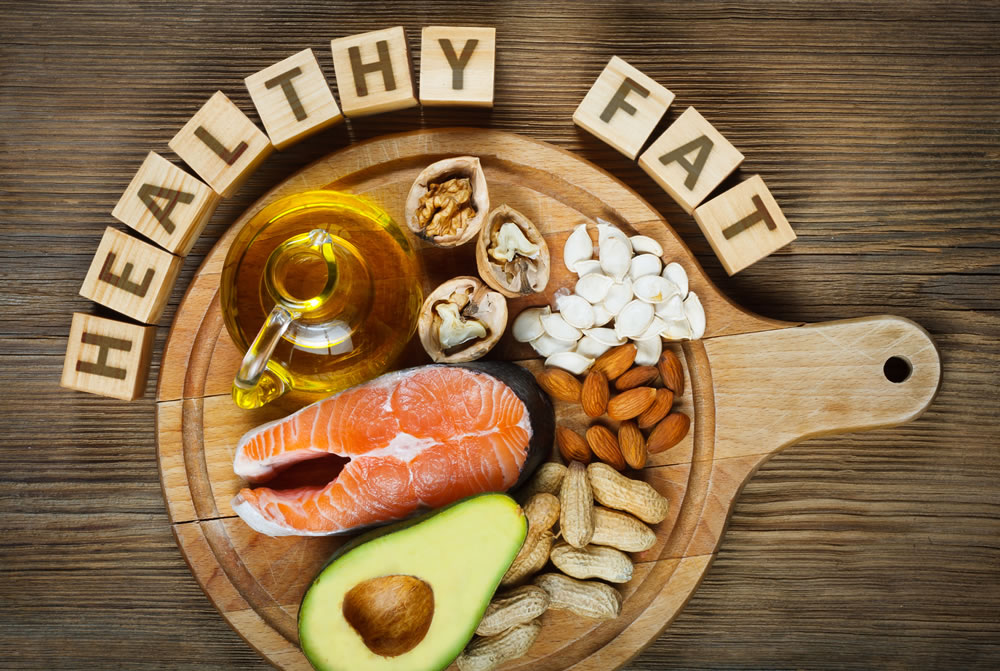Get in Touch
- 11410 NE 124th St. #334 Kirkland, WA 98034
- 425-999-5386
- info@oneitem.com

“It is healthy, normal, and essential to eat some fats in your diet.”
Eating fats is always assumed to be bad for the health. It is associated with weight gain and obesity. However, this definition is a myth and only a one-sided meaning.
The body biologically needs fats to store energy for future usage. When all the carbohydrates get burned off into energy, the body will use fat storage to use as energy. The main advantage of fats is that they can be stored while calories cant. There are two kinds of fats, namely saturated or unhealthy and unsaturated fats or healthy fats. The former are simple fats which are easy to digest, thus causing it to be absorbed by the body and stored when not used. The latter are complex fats which are harder to digest, which is beneficial for the consumer. From the standpoint of a naked eye, saturated fats are usually solid at room temperature like butter while unsaturated fats are liquid at room temperature like olive oil.
How much fat should you eat?
According to the American Heart Association, fats should be 20-30% of daily consumption with saturated fats being <7% and unsaturated fats being <23%. Moreover, the association urges the use of omega-3 fatty acids from fishes such as salmon bi-weekly.
Other healthy fats include avocados, eggs, olive oils, nuts, and sunflower oils.
FURTHER READING
https://www.shape.com/healthy-eating/diet-tips/study-saturated-fats-linked-longer-life
https://www.express.co.uk/life-style/health/987294/live-longer-how-to-diet-natural-fats-lifespan
